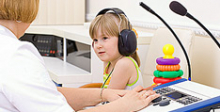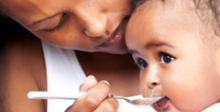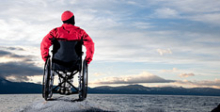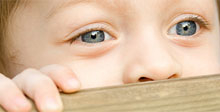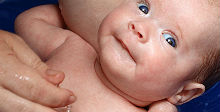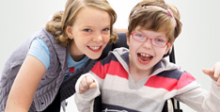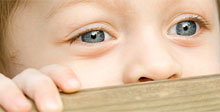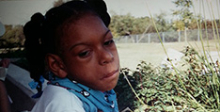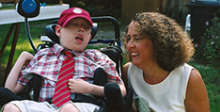
SUPPORT
There’s never a better time to begin researching what resources might be available to a family than when a child is diagnosed with a severe form of cerebral palsy. Finding the right set of supports is often what makes possible the best outcome for a child, and encouragement for parents.
Have questions? Need guidance?
Call (800) 692-4453 today!
for MyChild™ Call Center Assistance.
Learn more.
Helpful suggestions:
- Ensure that you are receiving all the government benefits you and your child are entitled to.
- Seek community support and funding to meet both you and your child’s needs.
- Contract caregiving assistance.
- Look into home care options.
- Consider child care, day care, and respite options that may be appealing to you and your child.
- Plan for your child’s care in the event of an emergency and you become incapacitated – accident, hospitalization, long-term absence, or in the unfortunate event you pass.
- Be prepared for emergency situations – fire, tornado, choking, seizure, etc.
- Seek solutions to troubling health conditions – oral health, skin health, nutrition and diet, pain management, vision and other conditions commonly associated with cerebral palsy.
- Reinvent your “normal” by creating and protecting wellness, seeking ways to increase quality of life, and by gaining healthy coping perspectives for you and your child.
- Instill a record keeping system that will allow you to organize your records for easy retrieval when applying for government benefits, take advantage of available tax credits, download caregivers on health conditions nuances, assist with financial and estate planning, and be accessible in case of emergency.
- Accept help from others.
- Be creative in including your child in activities, developing interests, and becoming actively involved in life-enhancing ways.




